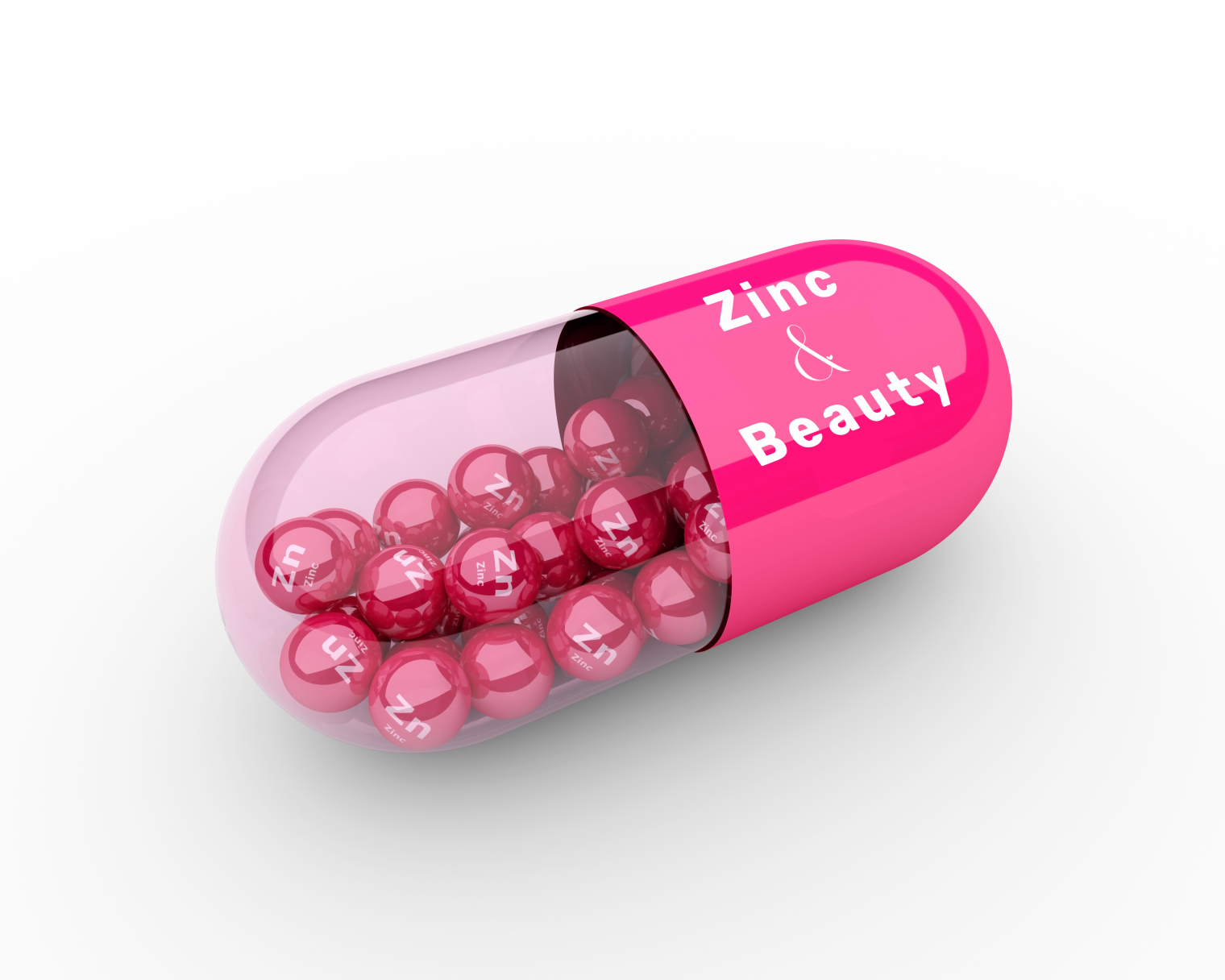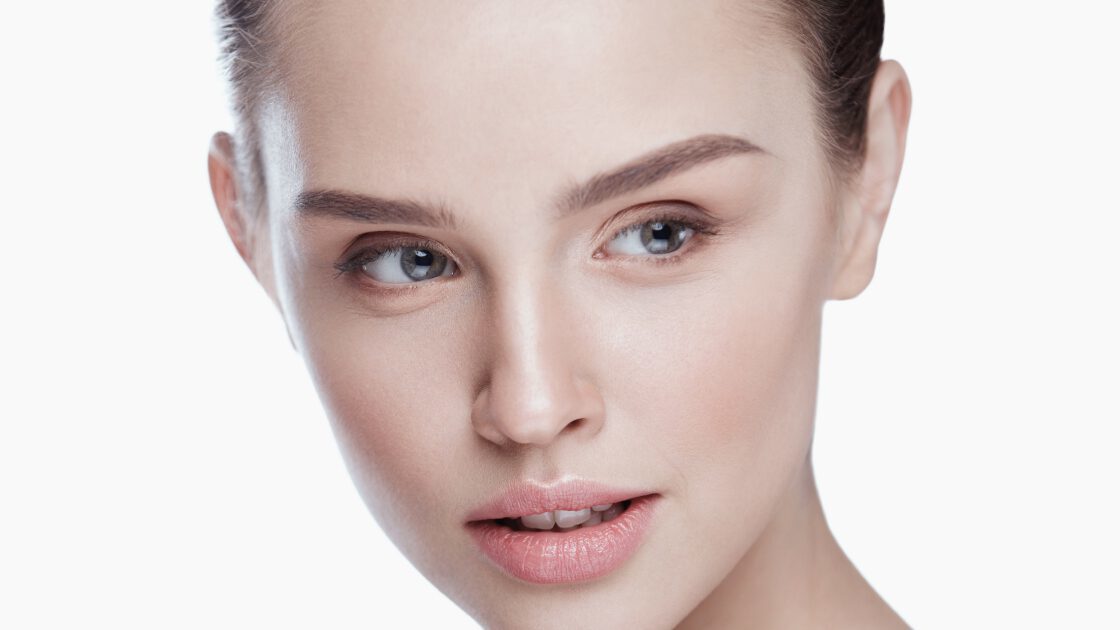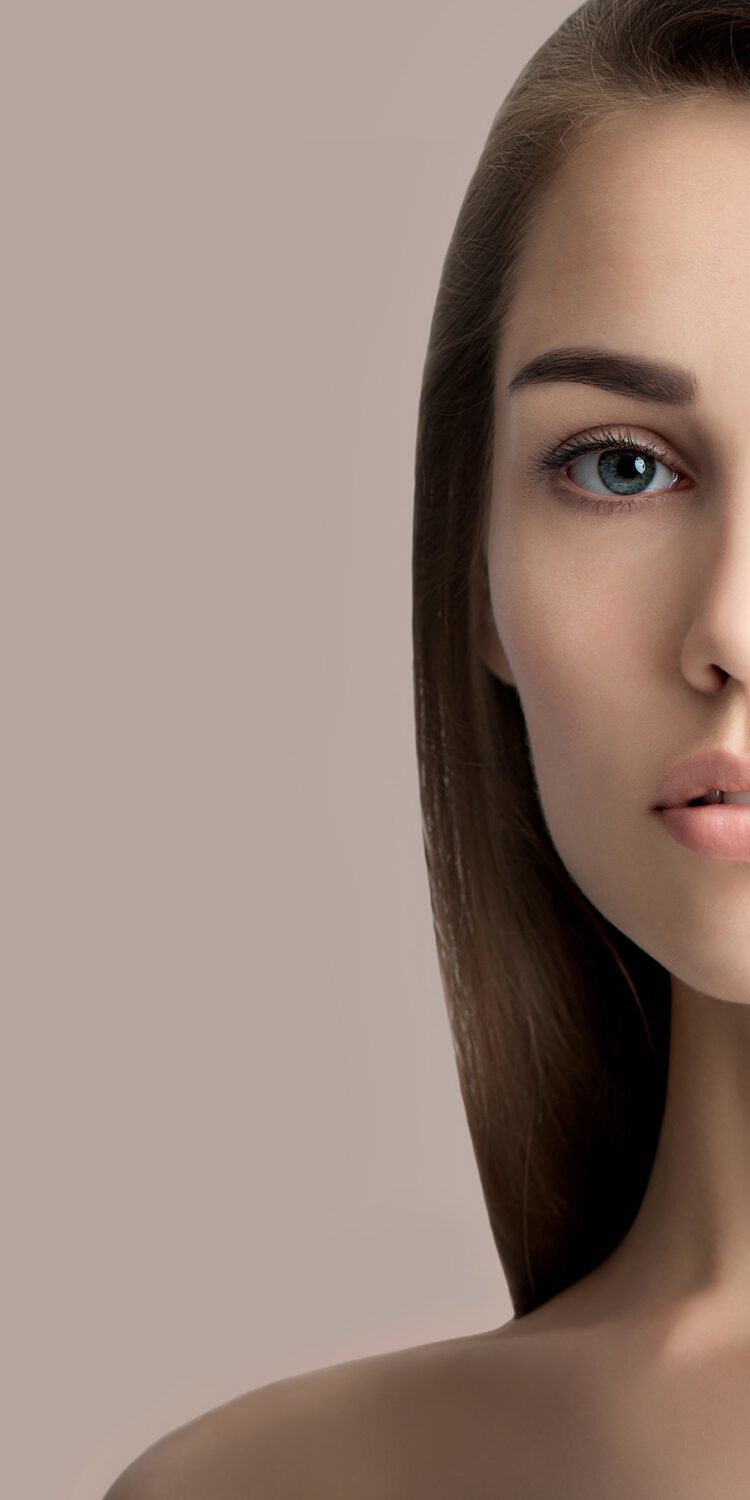Zinc is an important trace nutrient that plays a major role in the growth of new skin cells and repair broken skin. Zinc provides the largest body organ, which is zinc, a key ingredient it needs for an abundance of nourishment and nutrition.
It makes active contributions to cell growth, tissue repair, healthy eyesight, blood clotting, hormone production, immunity, female fertility and many more. This is why zinc has a high score contribution to the process of wound healing and production of collagen.
Benefits of zinc for great skin
1. Zinc aids treatment against acne: Skin acne is caused by a buildup of bacteria on skin, skin oil and dead skin cells which eventually clogs skin pores. This results in coloration and inflammation of skin around the pore. Zinc acts an immunity booster that can help regulate this effect by warding off the activity of bacteria and fungi hence reducing the inflammatory response on the skin.
Another function of zinc here is the regulation of cell production and replacement. Here, ZInc lowers the amount of natural oil on the skin layer hence inhibiting clogging of skin pores
2. Antioxidant properties: Zinc may not be entirely categorized as an antioxidant like ascorbic acid and vitamin E but zinc plays a major role in defending the skin against the damaging effects of free radicals, it also shields the lipids and fibroblast in your skin. The fibroblast helps in collagen formation which is the structural constituent of your skin which impedes exposure to ultraviolet light and other harmful environmental extras
3. Activates skin repair and rejuvenation: Skin reduces signs of aging. Clinical evidence has it that zinc plays a major role in skin building and repair of broken skin layer, a process called epithelialization which involves the sealing up of denuded epithelial layer. The metabolic process that initiates, maintains and completes epithelialization is essential for healing of wounds and zinc has a role in all its processes.
Sometimes you could be busy at work or doing house chores then suddenly you get a slight cut on your skin, at this moment zinc initiates a sealing process, blood begins to clot while enzymes, proteins and other minerals converge to the wounded area to protect against infection, regulate inflammation and rejuvenate new skin cells to saturate and seal up the open skin.

4. An active sunscreen: There are two types of mineral (also known as physical sunscreen). These are Zinc oxide and Titanium dioxide. Zinc oxide acts as a broad spectrum physical blockade against ultraviolet light and prevents its penetration into the epidermis of the skin. Mineral sunscreen are becoming more and more the preferred choice of sunscreen type, over chemical sunscreen. This is because mineral suncreens are not absorbed by the skin, hence are less likely to be absorbed into the blood stream and less likely to result in systemic harm
5. Treats skin infections: Diverse group of dermatoses and bacteria with their various etiology and clinical compositions make up for the spread of skin infections, zinc has powerful antibacterial, inflammatory and anti-fungal properties which makes it an active ingredient in lotions and ointments used for skin treatment i.e. Zinc sulfate.
In addition to this the immunity boosting property of zinc is made possible by (Zn2+) which creates an inhibition for virus replication by bonding directly with the viral RNA. Some of the ion producing variants of zinc are (Zinc gluconate, Zinc sulfate and Zinc acetate)
Conclusion: Asides skin therapy zinc is an important micro-nutrient actively involved with cell metabolism in both plant and animal cells. The body does not store consumed zinc, hence this should be part of daily diet, albeit in small quantities. When taking zinc as a supplement, caution should be exercised as excessive intake of zinc can result in serious problems; and an impairment in the uptake of other minerals like copper and ion. It is important to note limit this to no greater than 30mg a day.
Speak with your pharmacist or doctor prior to commencing Zinc supplementation
There are some medicines that affects zinc. These include (however, not limited to:
- Thiazide diuretics
- Ace inhibitors [such as Losartan]
- Antibiotics [Such as tetracycline]
- Ranitidine [Used as stomach antacid]
- Oral Contraceptives [birth control pills]
Your doctor or pharmacist will advise you on the best time of the day to take zinc supplement if you are currently taking a medicine which interacts with zinc.
This potent trace nutrient can be found in sea foods (One oyster contains approximately 12mg of zinc), beef, beans, dark chocolate, spinach, pumpkin seeds, chickpeas, oatmeal, coconut, cashew and sunflower seeds.
Brand History
Skincare re-engineered. SS&TT beauty products are developed by a team of Biochemists and Pharmacists. We bring you research-based quality products to improve skin clarity and appearance.
Quality | Intentionality | Results


